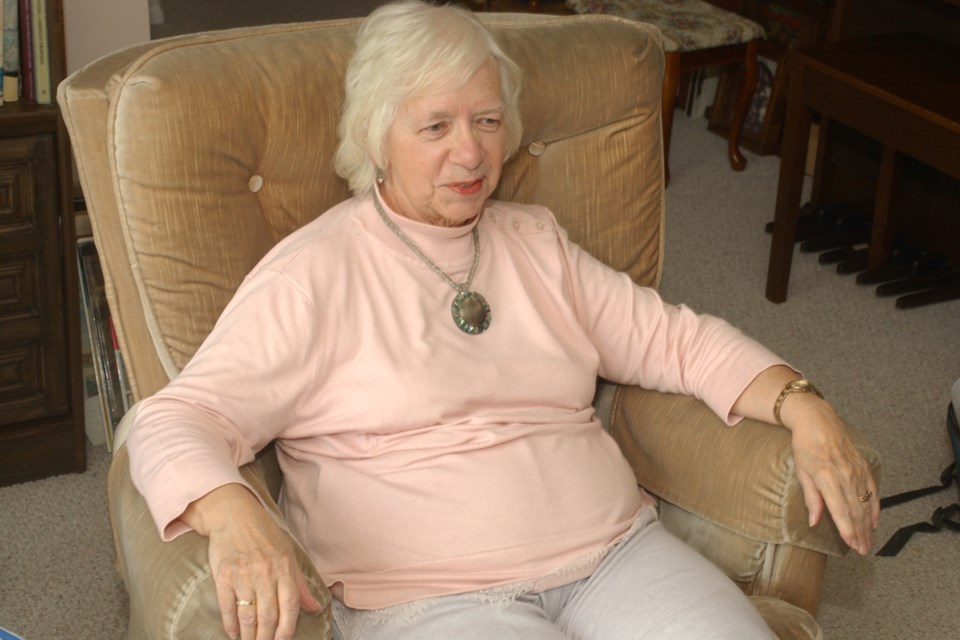OLDS — Don’t be afraid to talk to people you suspect may be thinking of committing suicide, says a speaker at The Conversation Has To Happen, an annual conference for people affected by suicide and depression.
Normally that conference is held one day each fall in one room. However, due to COVID-19 pandemic protocols, it was held until Nov. 27 on two local radio stations: 96.5 CKFM and Rock 104 after the 10 a.m. news and in a series of stories in The Albertan newspaper.
While working as a psychiatric nurse, Bernice Lynn said she found herself "having to ask people about their intent to commit suicide and if they had a plan, how would they do it?"
"I learned how to do that and to be comfortable with the questions and the responses that I got," Lynn said during an interview.
"I really think that’s a really important tool for any of us to have, because we never know when our friends, our family members may feel that they actually intend to, want to, need to commit suicide.
“And asking the question, you could see in a lot of the people – not everyone, but a lot of the people – the relief in their faces because they don’t have to struggle alone anymore. Somebody can share the burden and they can get help,” she added.
Lynn found that tool to be very helpful in other aspects of nursing and when she worked at Olds College.
She is a member of the Olds Age-Friendly Committee, which works on making the community more accommodating for seniors and making the lives of those in nursing homes more enjoyable.
Lynn first encountered how depressing things can be for seniors when she was a young Girl Guide about 11 years old and went to a nursing home. She was there to get a badge and encountered three elderly gentlemen in a room.
"It really did impact me how absolutely sad they appeared. There was no glimmer of a smile," Lynn said.
“They didn’t talk to me and I never thought it was rude. I thought they were just really sad.”
One man could no longer play his violin due to his advanced arthritis. The violin just lay against the wall.
She tried to cheer them up by quoting from Pollyanna, a book she had just read about an optimistic girl, but that didn’t help.
When Lynn was a nurse, she came across a couple of women in another home.
One outgoing 93-year-old had lots of family support. Also, the staff would always hug her and say hello to her.
On the other side of the room was another woman who needed complete care and never smiled or said a word.
“She hardly moved and she required complete nursing care, bed care. She needed to be bathed. She needed to be lifted out of bed. She couldn’t really sit up for any length of time. She couldn't feed herself,” Lynn said.
“I felt I could see in her eyes that the other woman was getting a lot of attention. She would look, and I thought she would look like she wanted to have some attention as well.
“Just a stark contrast between two women who were probably quite depressed and the difference,” she added.
“I just felt so bad for her and recognized she never got any of the love, care and attention that the other woman did.”



